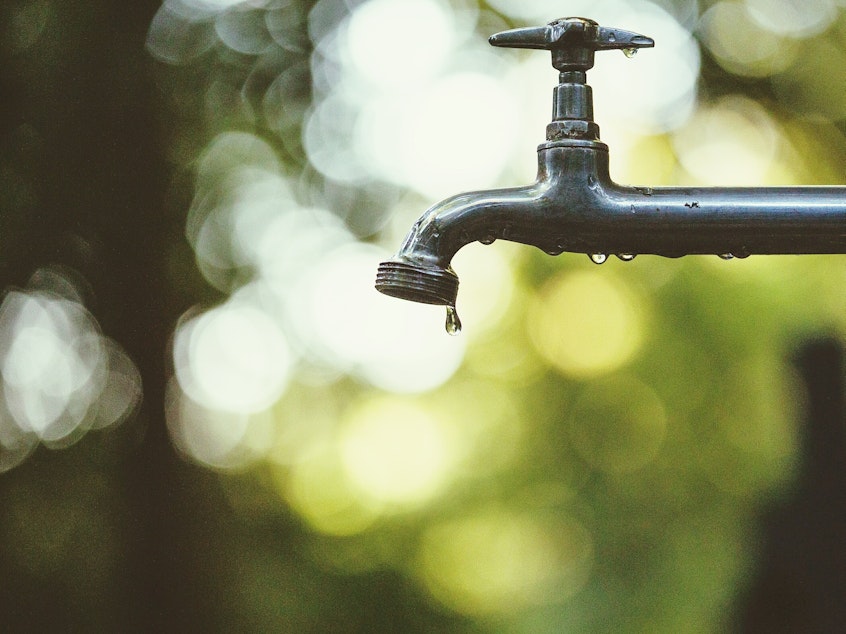Chlorine shortage hits Northwest drinking water suppliers

Water utilities in Washington and Oregon are scrambling to keep customers supplied with safe drinking water following an equipment failure at the Northwest’s main supplier of chlorine.
Seattle’s water supplier has two to three weeks’ worth of chlorine disinfectant on hand.
“We're monitoring the situation very carefully every day,” Alex Chen with Seattle Public Utilities said.
"We’ve been closely watching our chemical supply chain all the way through Covid because there have been concerns about disruption,” Craig Downs with Tacoma Public Utilities said. “With the actions we’ve taken, we have more than 30 days’ supply on-site.”
Both cities' utilities have reduced the amount of chlorine they add to the water to stretch their chemical supply.
They say the water’s still safe and tastes the same.
The chlorine shortage is the result of a transformer failure at the Westlake Chemical Corporation plant in Longview, Washington.
Sponsored
The chemical plant supplies chlorine to customers in Washington, Oregon, Idaho, and Northern California.
“The plant suffered the electrical failure on June 3 at approximately 6 p.m. local time,” Chip Swearngan with Houston-based Westlake Chemical said in an email. “We anticipate the plant will be offline until the end of June at a minimum.”
Seattle and Tacoma utilities say they are not asking their customers for any emergency conservation efforts—yet.
“Any usage of less water that they might do allows those chemical supplies to be stretched out even further,” Downs said.
For now, the big utilities say water conservation is always a good idea.
“As in every given year, no matter what the water supply conditions, we always ask people to use water wisely,” Chen said.
Sponsored
The smaller Anacortes water utility, which serves La Conner and parts of Whidbey Island along with Anacortes, is asking its customers, including two major oil refineries, to conserve water.
“We do want people to be aware of just how serious this is, and to take conservation seriously,” Anacortes Public Works director Fred Buckenmeyer said in an email.
“If sodium hypochlorite were to completely run out, water utilities could still supply water to [their] customers, but a boil-water advisory would be in place because the water would not meet disinfection requirements,” Ginny Streeter with the Washington Department of Health said in an email.
“We're definitely not anywhere near that stage yet,” Chen with Seattle Public Utilities said.
Tacoma officials said they learned of the chlorine supply disruption June 11. Seattle officials said they learned earlier this week, though they declined to specify which day.
Sponsored
It is unclear why it took two weeks for the public to be notified of the regionwide disruption to a key ingredient of safe drinking water.
National chlorine supplies were already constrained after a chemical plant near Lake Charles, Louisiana, burned down in August.




